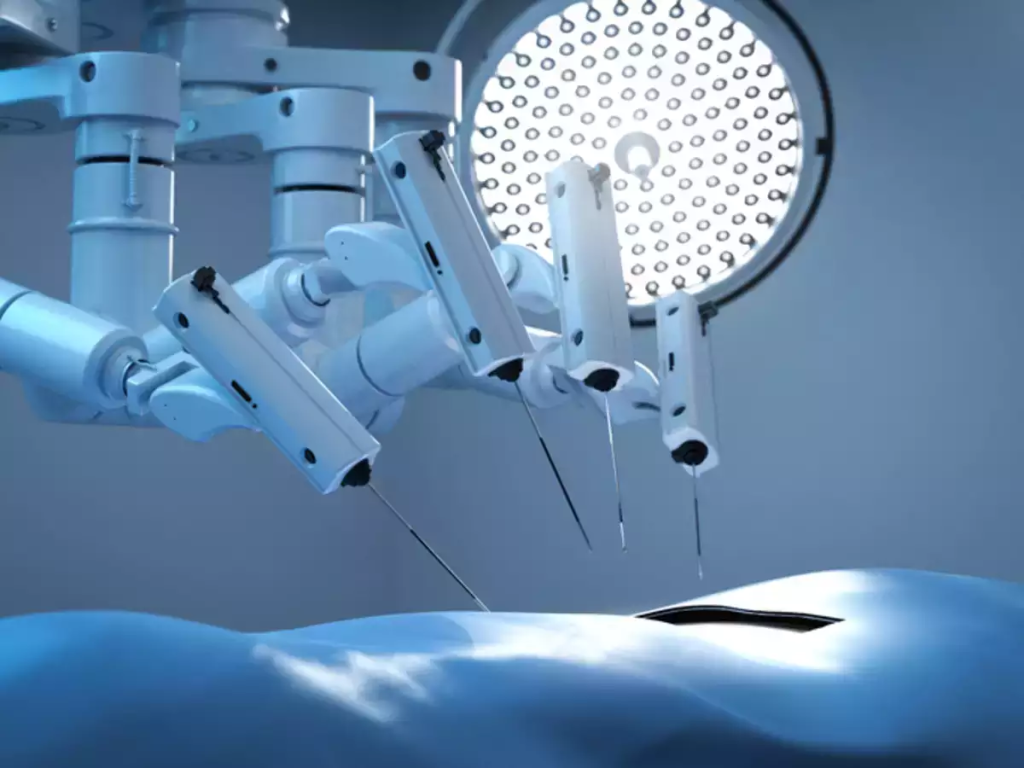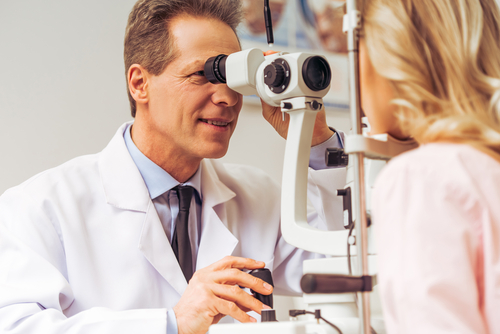
Picture yourself strolling through the vibrant landscapes of psychedelics Sandy Springs. Now, imagine the shifting scenery as a metaphor for your mind. Psychiatrists use a unique technique called psychoeducation to navigate these intricate mental landscapes. Psychoeducation is no magic trick – it’s a potent remedy rooted in understanding and empathy. It’s about tossing a lifeline to those lost in the labyrinth of their thoughts, helping them decode the complexities of their minds. This blog will unwrap the mystery of psychoeducation and shed light on its pivotal role in mental health treatment.
Understanding Psychoeducation
Imagine a dense fog clouding your vision. That’s what living with a psychiatric disorder often feels like. Psychoeducation acts like a beacon of light, shattering the fog and illuminating the path. It helps patients understand their disorders, treatments, and methods of coping. It’s not about dictating solutions. It’s about empowering patients with knowledge.
The Origin of Psychoeducation
Psychoeducation didn’t just spring up overnight. It has roots dating back to the 1970s when it was used as a tool to educate families about schizophrenia. Its purpose? To reduce relapses by fostering understanding and empathy. Like a ripple in a pond, its applications spread, and today it is …



